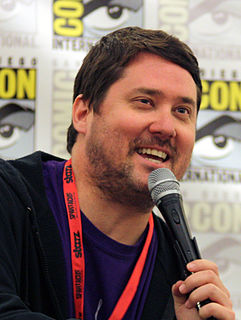A Quote by Dennis Prager
There are surely times when a conservative and a liberal would agree. We would agree on how moral it is to discriminate on the basis of race. There's absolutely no light between those two positions. It becomes a little more complex when you talk about law as opposed to morality.
Related Quotes
People have now been absorbing only that they agree with. You know, part of it is if you're liberal, you consume liberal information. If you're a conservative, you consume conservative information. And there's a certain stridency in both that you know everything, and if somebody doesn't agree with you, you think they don't know what they're talking about, and you become intolerant.
I still think that we have a hesitance to talk about things racial. And I think we do it at our detriment. We go from incident to incident, and we have spikes in which race becomes something that we talk about, as opposed to talking about race in those less contentious times when I think we might make more progress.
Most thoughtful people would agree that morality in the absence of policing is somehow more truly moral than the kind of false morality that vanishes as soon as the police go on strike or the spy camera is switched off, whether the spy camera is a real one monitored in the police station or an imaginary one in heaven.
Well I would say that, you know, I agree in part with that it [The Starter Wife] is fantasy and it is a romp in that, you know, the comedy stems from shining a light on the sort of more extreme aspects of the Hollywood culture. So, you know, anytime you turn up the gas, so to speak, on the stove and make things more extreme it becomes funny. But I do think that, you know, the other half of the show is absolutely relatable and that's been an important goal of ours.
When you say there's too much evil in this world you assume there's good. When you assume there's good, you assume there's such a thing as a moral law on the basis of which to differentiate between good and evil. But if you assume a moral law, you must posit a moral Law Giver, but that's Who you're trying to disprove and not prove. Because if there's no moral Law Giver, there's no moral law. If there's no moral law, there's no good. If there's no good, there's no evil. What is your question?
I view myself more as a traditionalist than a conservative. But I like the traditions, so I tend to try to keep them alive. But I'm open to any kind of political thought - I don't care - I have people that I don't agree with, and I have good friends I don't agree with, but for me personally, I'm more comfortable with the traditional stuff.
I'm not saying that atheists can't act morally or have moral knowledge. But when I ascribe virtue to an atheist, it's as a theist who sees the atheist as conforming to objective moral values. The atheist, by contrast, has no such basis for morality. And yet all moral judgments require a basis for morality, some standard of right and wrong.

































